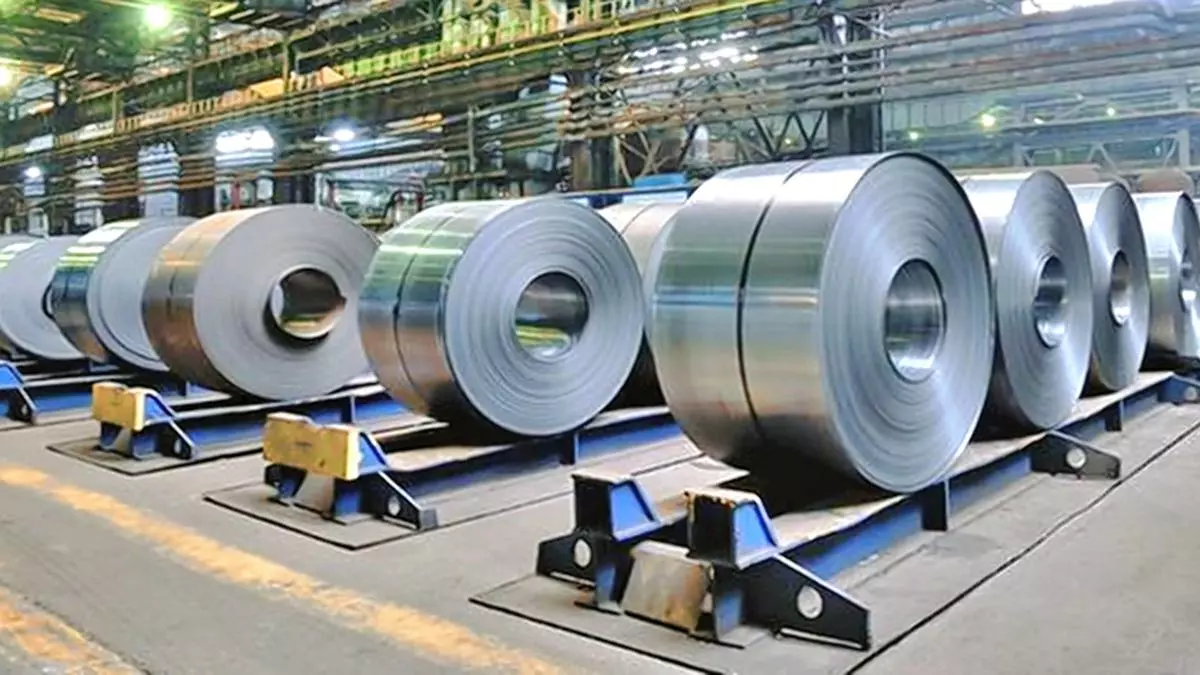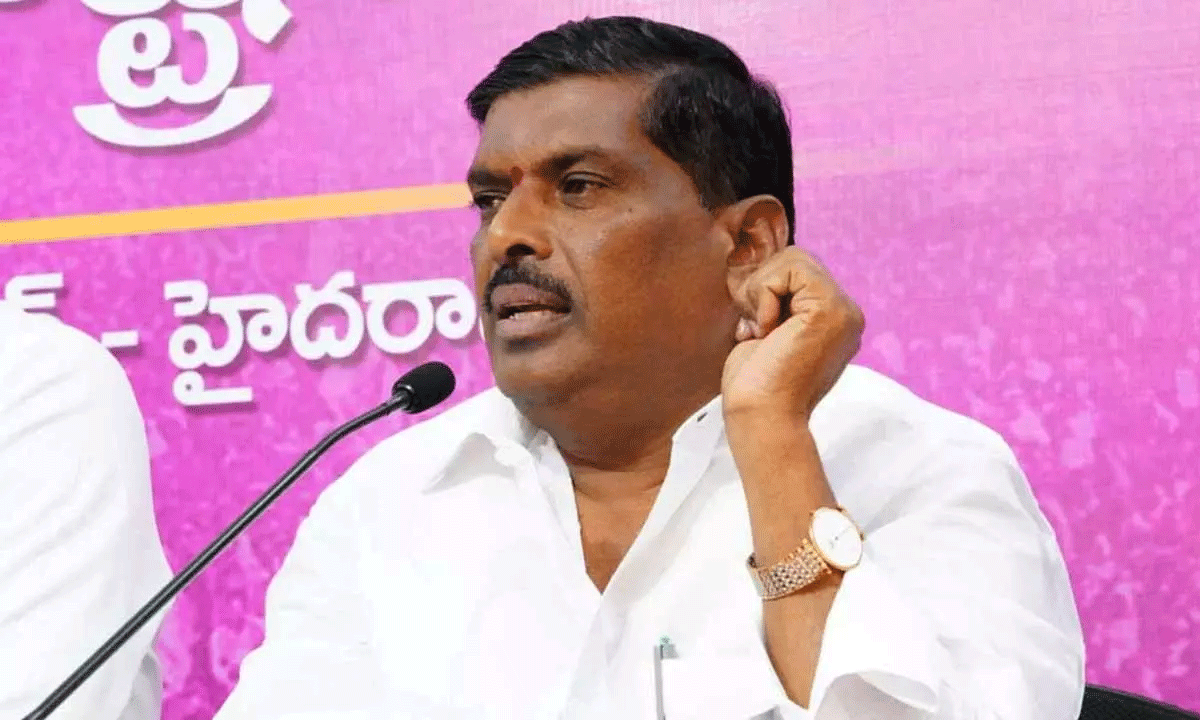Protests and concerns are ongoing at the Visakhapatnam Steel Plant as workers push for its merger with SAIL (Steel Authority of India Limited). The central government has yet to address this demand. Meanwhile, the plant is struggling with rising financial troubles, and the assistance from the central government is falling short. A key proposal regarding the plant’s debts has recently come to light, leading to important discussions taking place in Delhi.
The Visakhapatnam Steel Plant is facing serious financial challenges, which have resulted in the inability to pay employees their full salaries. Workers are currently receiving just half of their wages. Production has decreased to under 4,000 tonnes, causing fixed costs to become a significant burden and increasing the plant’s debt. Labor unions and employees have been persistently urging management to obtain working capital and supply essential raw materials like iron ore and coking coal. If these problems are not addressed, calls for the plant’s merger with SAIL (Steel Authority of India Limited) are likely to intensify.
Nonetheless, Chief Minister Chandrababu Naidu pointed out that there are technical hurdles to merging the steel plant with SAIL, and the central government must also give its approval. At present, SAIL is importing coking coal via the Adani Gangavaram Port, which is located next to the Visakhapatnam Steel Plant. If the merger is sanctioned, the coking coal issue could be addressed. Union leaders have suggested leveraging resources from the nearby port. Additionally, the steel plant has secured ₹500 crores as a grant for immediate support, and it has been directed to allocate these funds strictly for legitimate payments.
The central government has recently disbursed an additional ₹1,140 crores. However, it has been disclosed that the steel plant is facing a significant debt of ₹35,000 crores, which includes ₹18,000 crores owed to banks. Officials have indicated that ₹10,500 crores are specifically owed to SBI. In light of these challenges, the steel sector has formulated a recovery plan aimed at stabilizing the plant, set to be implemented in December. This plan includes proposals to categorize ₹7,500 crores of the debt as non-performing assets and write them off. Meanwhile, there is still a need for clarity regarding how the plant will secure the essential raw materials for its operations.










